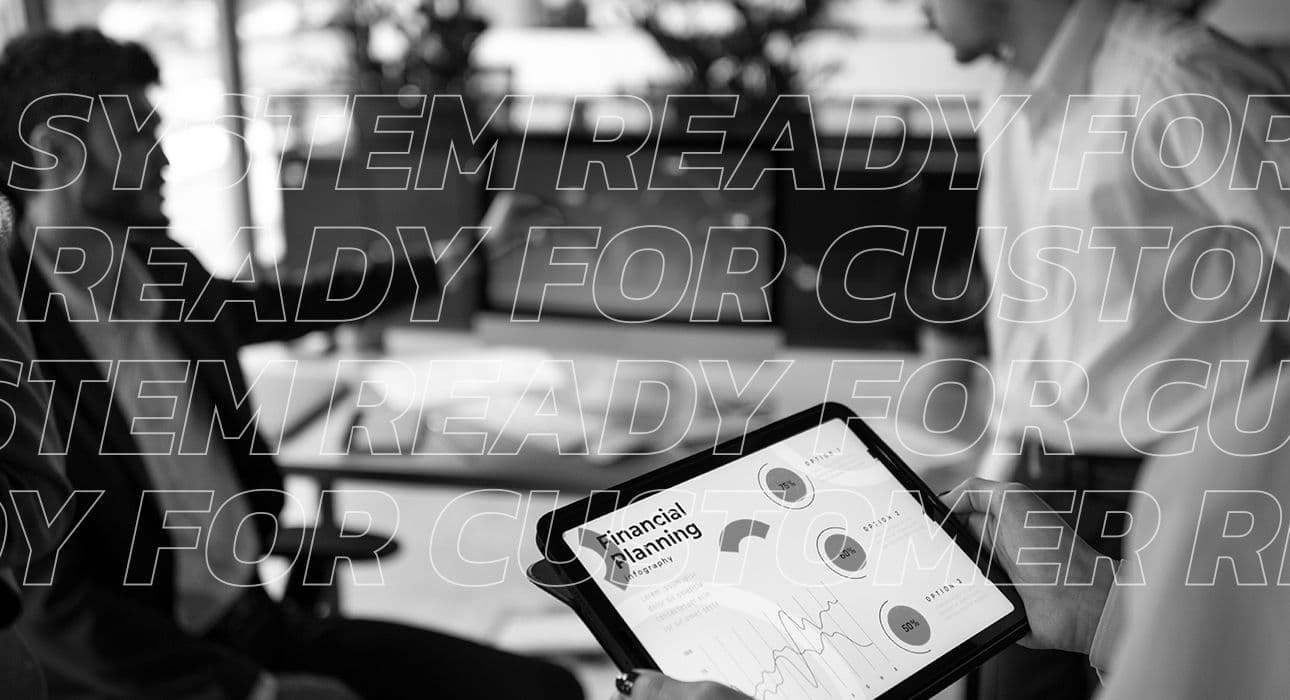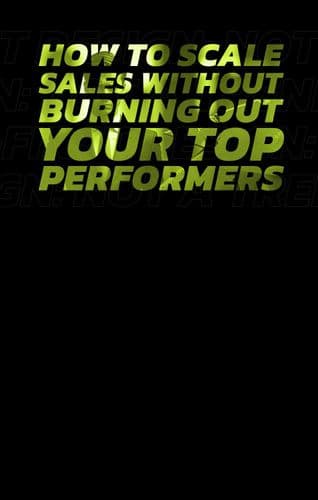
Support center +971 50 421 0005
Get in touch
- +971 50 421 0005
- [email protected]
- Al Reem Space,3706 Tamouh Tower, Abu Dhabi, UAE
- CN-5177413


Design, Marketing 20 Sept 2024

Data is the driving force behind your business success. There's no doubt that everyone aims to achieve results for their company. Often, start-up companies focus on Systems, Applications, and Products (SAP), which include enterprise resource planning (ERP) and customer relationship management (CRM) solutions. If you're running a business, you're likely always thinking about the following:
-
Your company’s income, expenses, and warehouse operations.
-
Are you sure the reports from your employees on exports and imports are accurate?
-
Do you have full control over administration tasks like sales, purchases, production, and manufacturing?
-
How reliable is the information your team provides?
-
Is your data secure, or could it be lost over time?
-
Are decisions being made based on credible data, or is there confusion among your employees?
Projex has the perfect solution to streamline your operations. Our team offers expert strategies for managing your business more efficiently, ensuring success and ease every step of the way!
What is an ERP system?
The term ERP stands for Enterprise Resource Planning systems, referring to software designed to help companies automate and streamline business processes for optimal performance. ERP systems integrate key business functions such as:
-
Human Resources.
-
Manufacturing.
-
Supply Chain.
-
Finance.
-
Accounting.
-
Property.
-
Food & Beverage.
By managing data flow between a company’s different departments, ERP systems centralize data management. This leads to improved decision-making, more efficient resource allocation, and enhanced overall performance.
Why is an ERP system important for your business?
The experts at ProjeX recommend using an ERP system for your business for several crucial reasons. Take a look at the points below and consider how significant such systems can be for your growth and efficiency:
-
Centralizes financial data for tracking income and expenses in detail.
-
Facilitates comprehensive financial reporting for accurate insights into company performance.
-
Unifies commerce activities across online, in-store, and back-office operations, streamlining the process.
-
Collects and archives data long-term, ensuring easy access and retrieval.
-
Tracks orders and manages accounting, improving transparency and accuracy.
-
Automates marketing, sales, and customer service processes, enhancing efficiency.
-
Helps HR streamline manual workflows, reducing errors and improving team collaboration.
-
Tracks essential employee data, including contact info, job roles, and salary details.
-
Improves demand forecasting and lean inventory management, reducing excess stock and ensuring optimal supply levels.
-
Enhances decision-making by providing accurate data for faster, smarter business choices.
-
Reduces production bottlenecks, optimizing supply chain collaboration.
-
Supports executive decision-making with detailed insights from real-time data.
-
Assists in managing production schedules, tracking inventory levels, and ensuring quality control.
-
Centralizes inventory tracking and analysis, aiding in replenishment and stock control strategies.
What are the Types of ERP Software?
The ProjeX experts divide ERP software into two main classifications:
-
On-Premise ERP
-
Cloud-Based ERP
First: On-Premise ERP
- This type of ERP system is typically installed locally on a company's hardware and servers.
- It provides full control and customization over the data but requires ongoing maintenance.
Second: Cloud-Based ERP
- This type of ERP system is the most popular and widely preferred by many businesses.
- It is hosted on the provider's servers and accessed via the internet.
- Known for its lower costs, automatic updates, and scalability, it offers flexibility and ease of use.
CRM vs ERP
CRM stands for Customer Relationship Management system. The term refers to managing and analyzing customer-related data, which helps in building solid customer relationships.
This system handles:
-
Contact information.
-
Interactions with company representatives.
-
Purchases.
-
Service requests.
-
Assets.
-
Quotes/proposals.
A CRM system enables users to access comprehensive data, providing insight into every customer touchpoint and helping to understand the customer journey better.
Benefits of a CRM system:
-
Provides a comprehensive overview of the company's relationships with prospects and customers.
-
Helps track and monitor every interaction with leads and customers.
-
Offers deeper insights into customer expectations and interests.
-
Assists in building trust and crafting targeted marketing campaigns.
-
Determines the best time to engage with leads and clients.
-
Facilitates anticipation of customer needs.
-
Ensures every sales representative can communicate effectively with customers based on previous interactions.
ERP systems assist companies in the following areas:
-
Human Resources.
-
Inventory.
-
Accounting.
-
Finance.
-
Manufacturing.
-
Procurement.
CRM systems assist companies in the following areas:
-
Marketing support.
-
Third-party integrations.
-
Contact management.
-
Analytics.
-
Customizability.
The differences between CRM and ERP are as follows:
-
ERP systems are considered a repository of data and information.
-
ERP saves data from various departments within a business.
-
ERP is utilized by multiple departments in the company.
-
ERP helps minimize organizational inefficiencies, improve resource management, and reduce costs.
-
ERP is considered a subset of SAP (Systems, Applications, and Products).
-
CRM helps companies manage interactions with customers.
-
While ERP systems may include some customer management features, they often lack a dedicated CRM module.
-
CRM is primarily used by sales and marketing teams.
-
CRM helps manage customer communications and convert leads into customers.
-
CRM is also considered a subset of SAP.
The bottom line is, both ERPs and CRMs are essential for your business. If you are looking for a comparison between the two, it's important to note that there is no clear winner—it depends on your overall goals and objectives.
our Projecx team and experts in this field can provide a system that combines both. So don't hesitate to contact us. Our team will connect you with a Proconsultant to address your customized ERP/ CRM solution. Seize the moment!
Contact Projex via WhatsApp
Ready for Transformation?

